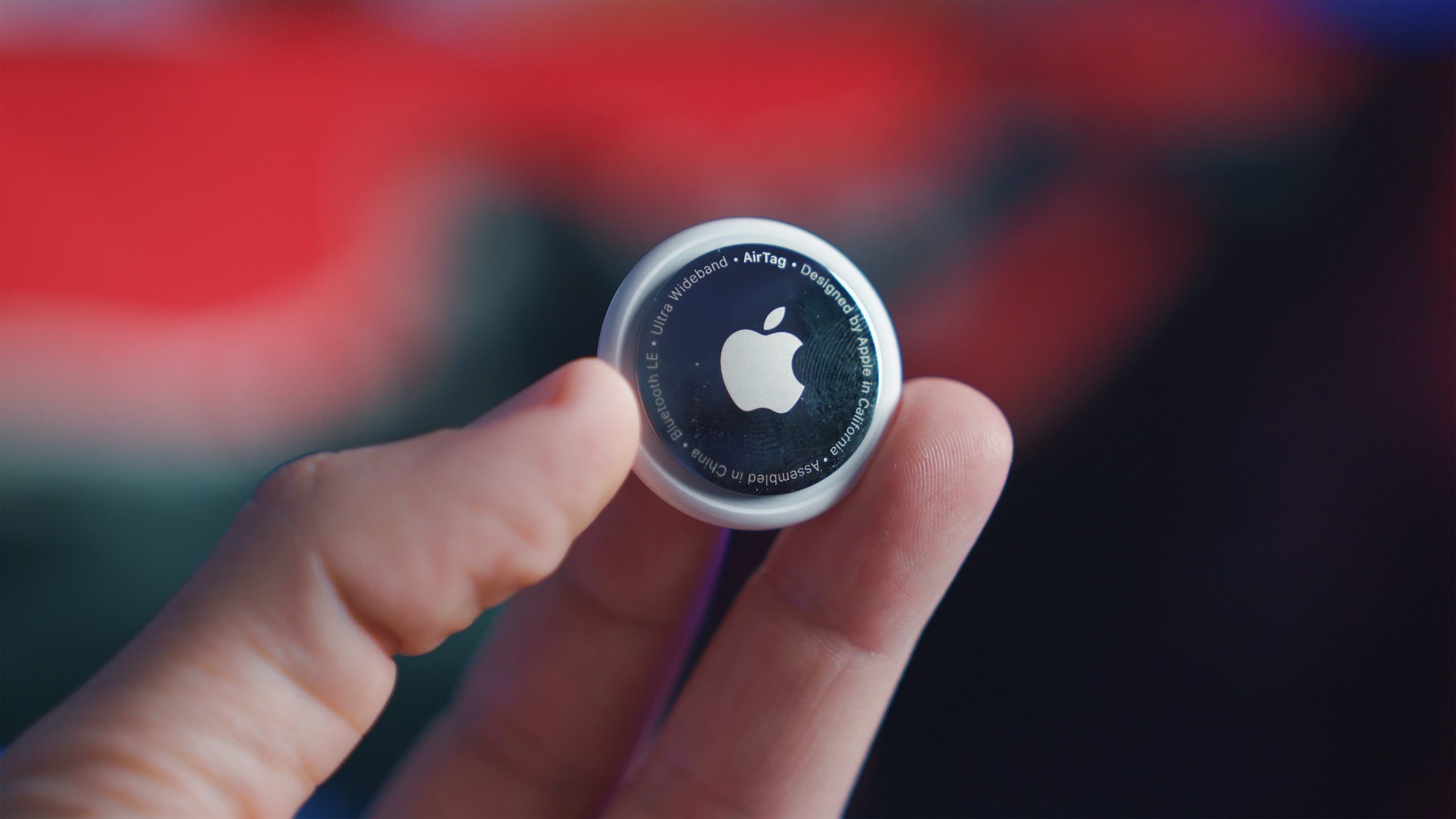With advancements in GPS technology, it seems that there are products and services available to track almost everything. There are even devices designed to help you track your car and your pets and devices designed to help you keep your keys or iPad from getting lost. For parents, some of the most interesting options include apps, services, and devices that can help them keep track of their children. The number of available products and the relatively low cost involved with tracking can make it quite appealing for parents who can’t constantly closely monitor their teens.
There are several definite pros when it comes to determining whether you should track the whereabouts of your child or teenager. However, in the cons column, there is the consideration of whether it’s the right ethical option to track your kid.
After all, it’s frowned upon to track adults without their consent. Should you track your child?
What is the ethical dilemma of tracking your teen’s location?
The issues involved with tracking your teen’s location are related to the use of the technology and data itself, how tracking can impact the parent-teen relationship, and the right to privacy. Personal responsibility also plays a role in tracking. Teenagers are naturally inclined to pull away from their parents and learn how to make the right decisions. If their ability to make healthy decisions is impeded, it can take a toll on their ability to grow and learn.
In addition, it’s worth considering just how businesses are handling the data that the apps and devices are compiling about your teen and their location.
With the release of Apple’s AirTags, many parents might be revisiting the idea of tracking their teen. While Apple doesn’t recommend using their products for tracking teens, there are other products to consider. You have the technology and the ability. But is it the right decision for your family?
The problem of trust
Perhaps the largest ethical concern to consider is that monitoring your child in any way can impact the established trust within your relationship. If your relationship with a troubled teen is already hanging in the balance, this could potentially put them over the edge. Trust is a pivotal part of any close relationship, including a healthy parent and child relationship. It is essential to have trust to develop the right feelings of security and commitment. Your teen’s need for privacy is an integral part of building trust. If he feels that he isn’t trusted or you feel you can’t trust him, he’s likely to react strongly.
We all have the right to privacy, including young people under the age of eighteen. Monitoring your teen’s communications and location can undermine his trust in you and damage the bond he has with you. Broken trust can take a toll on the relationship, injuring it beyond repair. It can prove to be counterproductive if you’re trying to control the behavior of a troubled teen and even push him further into rebellion.
Whether you’re tracking your teen in secret or being open about it, it can indicate to your teen that you don’t trust him.
Are there any exceptions for tracking your teen?
While it may be an unethical gray area when it comes to tracking your teen, there are some situations where tracking could be warranted.
- If your teen is suspected or known to be suicidal, it makes sense to break trust and invade some privacy to monitor and keep your teen safe.
- If your teen is known to be involved in activities that could put them in danger or endanger others, monitoring can prove beneficial.
- If you have been struggling with poor behavior and your teen is prone to staying out past curfew, monitoring them can help ease your mind about their whereabouts.
Security and private data leak risks
Despite the marketing claims, tracking apps and services don’t exist purely to keep children safe and to help you track your teen’s location. Many of them are designed to harvest data that can then be sold off to other interested companies. Apps that track your health are a wealth of data for interested marketing agencies. The same holds true for the apps that are being used to track the whereabouts of your teen.
While most apps and companies behind them have security protocols in place, there are still risks. Consider the potential for concerns if your child’s personal information was compromised. If this data fell into the wrong hands, it could pose a risk to the safety of your child or teenager.
The right to privacy is a huge factor to consider when GPS technologies are used for tracking any person. Not only could security compromises lead to some potentially dangerous situations, but the privacy of each person being tracked should be a priority.
Things to consider
Why do you want to track the whereabouts of your teen? Your drive to track your teen may be less about keeping him safe and more about having anxiety about where he is. If he has been getting into trouble at school or with friends, this may fuel your urge to track him when he’s not at home or school.
Something else to keep in mind that if you’re tracking him covertly, it’s not likely to stay a secret for very long. Most teens these days tend to be more tech-savvy than they let on. They’ll soon uncover the tracking apps and learn how to manipulate the system in their favor.
They may also start looking for ways to be more secretive and begin to engage in riskier behavior.
Does your troubled teen need more help than you can handle at home? If you’re tracking him because there are some serious concerns, you may find that a residential treatment center can prove helpful. At Help Your Teen Now, we can connect you with the resources that can help your family.











0 Comments